According to delegate Pham Trong Nghia, it is necessary to soon build a legal corridor on artificial intelligence (AI) so that Vietnam does not become a testing ground for high-risk technology products.
"There must be a law or resolution stipulating principles and legal mechanisms for controlled testing of the formation of Sandboxes (testing new technologies and new business models when management is not yet known) in each specific industry and field," Mr. Nghia said when giving comments on the proposed law and ordinance building program on the morning of May 23.
As Secretary of the Science Council of the National Foundation for Science and Technology Development, Mr. Nghia believes that the legal framework must regulate the rights and obligations of owners of smart devices such as robots, self-driving cars, and drones. A complete and comprehensive legal system is a prerequisite for Vietnam to not be left behind in the fourth industrial revolution, proactively take advantage and prevent risks.
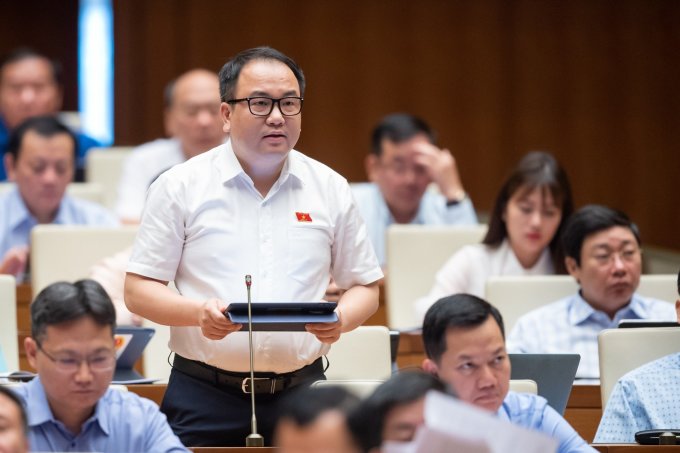
Delegate Pham Trong Nghia speaks at the National Assembly hall on the morning of May 23. Photo: National Assembly Media
According to him, the 2019 resolution of the Politburo requires the improvement of institutions to facilitate proactive participation in the fourth industrial revolution and the national digital transformation process. The Politburo also requested the early promulgation of a controlled testing institutional framework for new technologies, products, services, and business models emerging from the fourth industrial revolution. In 2019, the Government directed the development of a controlled testing mechanism for financial technology activities, but it has not been promulgated yet.
Mr. Nghia said that although there is no common global legal framework, some countries and regions have passed regulations to create a corridor to put the fourth industrial revolution on the right track, promote innovation, prevent, control and limit risks. In the private sector, aware of the existing risk of AI getting out of control, since March 22, many individuals around the world have joined an open letter calling for a 6-month suspension of the development of this model of any system stronger than GPT-4.
One of the goals of this moratorium is to allow AI developers and policymakers to quickly establish effective governance systems. "As of last night, there were 27,500 signatories, including many people with in-depth knowledge and global influence in the technology field," Mr. Nghia said.
Delegate Pham Trong Nghia speaks at the parliament on the morning of May 23. Video: National Assembly Television
Delegate Nguyen Thi Kim Anh (Standing Member of the Committee on Science, Technology and Environment) said the Law on Science and Technology is expected to be included in the Government's agenda for 2022-2025. However, many provisions in the 2028 law have revealed shortcomings, such as application, incentive mechanisms to promote development, and science and technology development funds for enterprises. Therefore, she suggested that agencies promptly consider amending the Law on Science and Technology.
AI is the "thinking" of machines, in which devices will imitate the natural way of thinking of humans to solve problems. In the 4.0 industrial revolution, AI is one of the key factors.
Last year, OpenAI and a host of other companies began rolling out tools that leverage the next step in machine learning, called generative AI. They’re trained on trillions of images and text from the internet, allowing them to generate content based on simple user requests, write code, and talk like real people.
Since then, heated debates have erupted in the tech world about the possibility of AI surpassing humans and destroying humanity. "AI could cause significant harm to the world," OpenAI CEO Sam Altman said during a hearing in the US Congress in mid-May.
“Big tech companies are racing to develop ever-smarter machines without any oversight,” said Anthony Aguirre, director of the Future of Life Institute (FLI), an organization founded in 2014 to study existential threats to society.
Written by Tuan - Son Ha
Source link


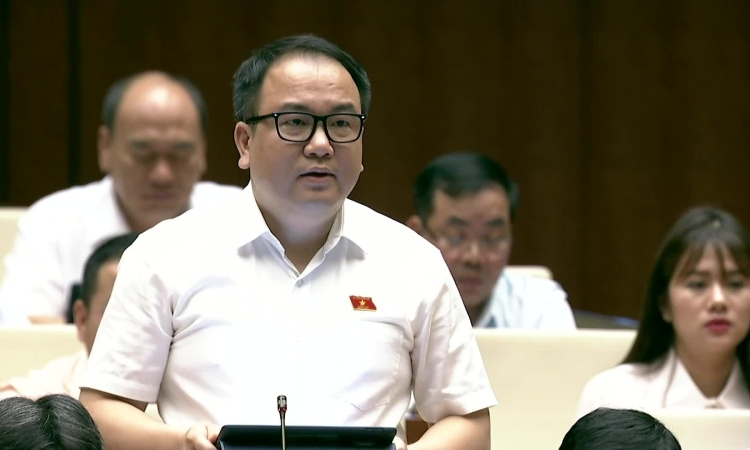


![[Photo] President Luong Cuong receives US Secretary of War Pete Hegseth](https://vphoto.vietnam.vn/thumb/1200x675/vietnam/resource/IMAGE/2025/11/02/1762089839868_ndo_br_1-jpg.webp)

![[Photo] Lam Dong: Images of damage after a suspected lake burst in Tuy Phong](https://vphoto.vietnam.vn/thumb/1200x675/vietnam/resource/IMAGE/2025/11/02/1762078736805_8e7f5424f473782d2162-5118-jpg.webp)

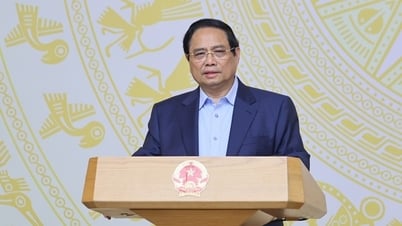

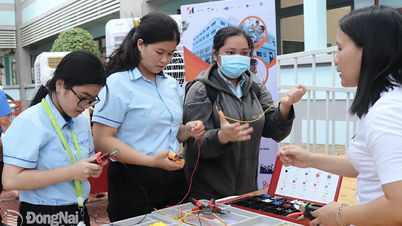



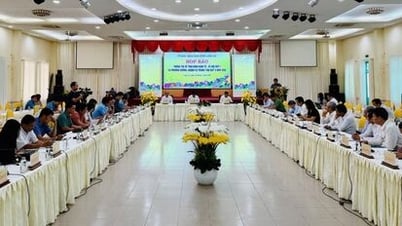

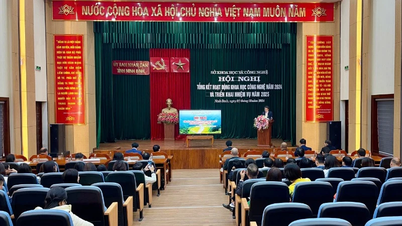

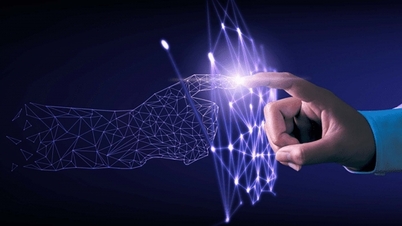





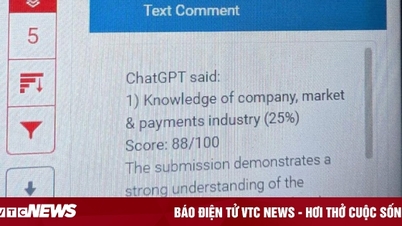



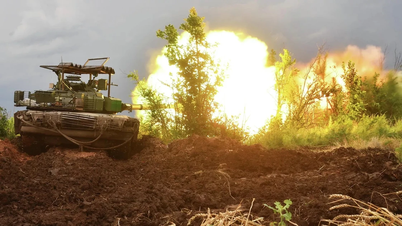













































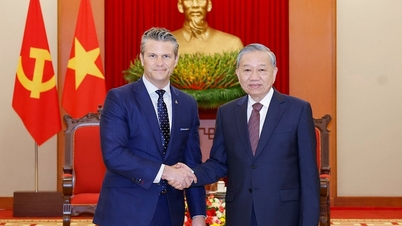



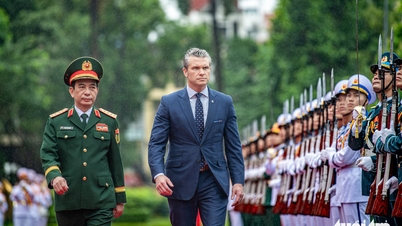


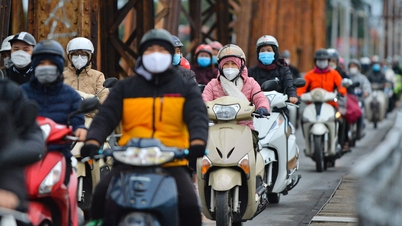



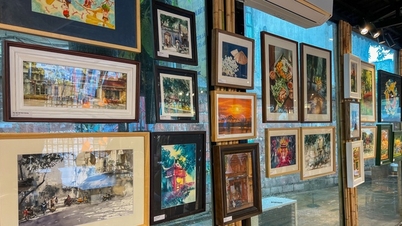
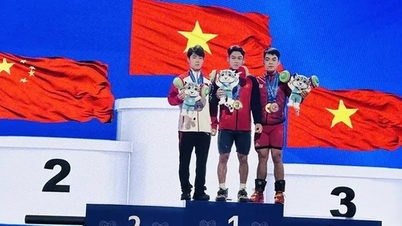
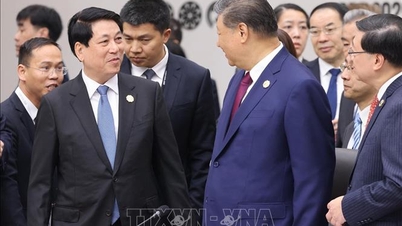

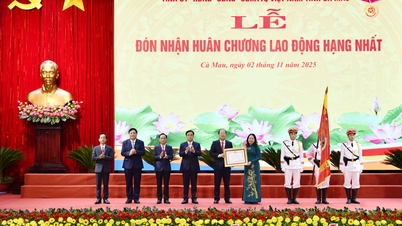








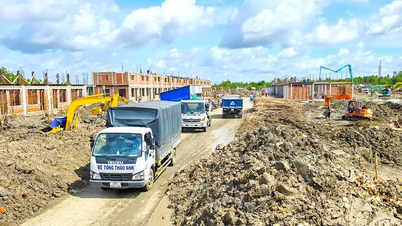
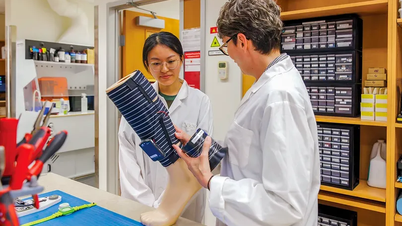















Comment (0)